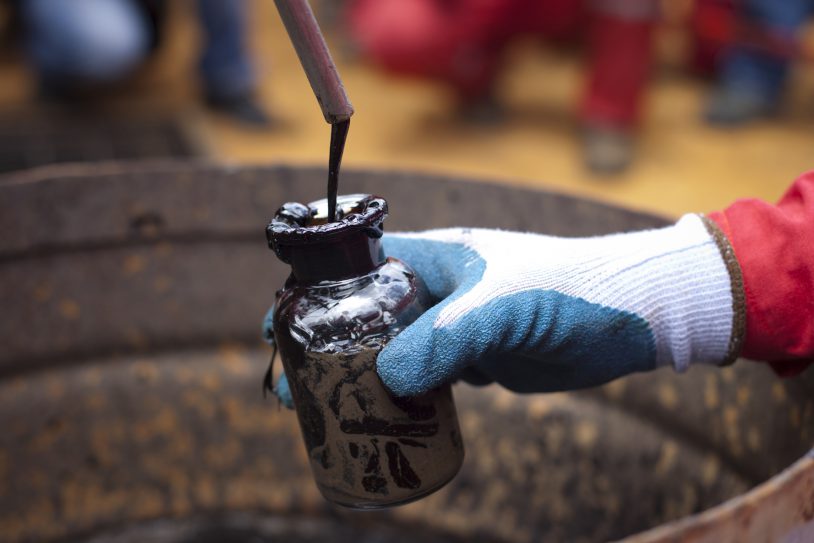Brent crude oil futures hit a fresh three-year high, with U.S. benchmark crude close to 2014 peaks, after the OPEC+ group of producers decided to stick to its planned output rises rather pumping even more.
OPEC+ agreed in July to boost output by 400,000 barrels per day (bpd) each month until at least April 2022 to phase out 5.8 million bpd of existing production cuts.
Brent crude was up $1.07 or 1.3% at $82.33 a barrel by 1128 GMT, having rising 2.5% on Monday. U.S. West Texas Intermediate (WTI) oil rose 89 cents or 1.2% to $78.51, after gaining 2.3% the previous session.
Oil prices have already surged more than 50% this year, a rise that has added to inflationary pressures that crude-consuming nations such as the United States and India are concerned will derail recovery from the pandemic.
The OPEC+ Joint Technical Committee (JTC) said late last month it expected a 1.1 million bpd supply deficit this year which could rise to 1.4 million bpd next year.
Despite the pressure to ramp up output, OPEC+ was concerned that a fourth global wave of COVID-19 infections could hit the demand recovery, a source told Reuters a little before the vote.
Russian Deputy Prime Minister Alexander Novak said after the talks he believed the market is now balanced.
"The (price) move looks a bit outsized given the ministers just reaffirmed the decision announced in July but it shows how tight the market is, reinforcing our view of asymmetric price action with risks skewed to the upside at these inventory levels," Barclays said in a note.
Meanwhile U.S. crude oil and distillate inventories are likely to have fallen last week, according to a preliminary Reuters poll.
Five analysts surveyed by Reuters estimated on average that crude inventories declined by about 300,000 barrels in the week to Oct. 1.





















